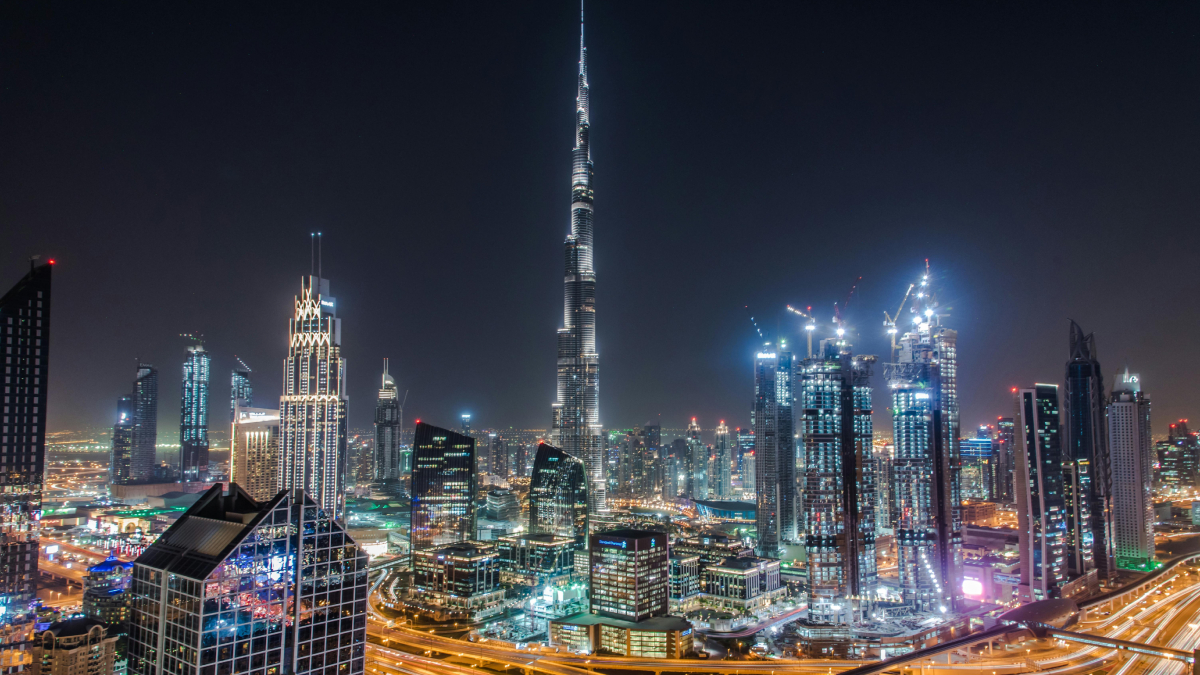Gulf cities, including Dubai, Abu Dhabi, Riyadh, and Jeddah, have climbed the ranks of the world’s most liveable cities, while Tel Aviv saw a significant drop due to the ongoing Gaza conflict. The Economist Intelligence Unit’s (EIU) Global Liveability Index 2024, released on Thursday, highlights the impact of sustained investments in health and education on the rankings of UAE cities.
“This year, Dubai has joined Abu Dhabi in achieving the highest tier of liveability in our index,” said Barsali Bhattacharyya, deputy industry director at EIU, in a The National report. Both cities improved their standings by two spots from last year, scoring 80 or above out of 100. Bhattacharyya emphasized their high ratings in stability, infrastructure, and education as key factors for their strong performance.
Saudi cities have also benefited from substantial investments in domestic infrastructure, education, and health, aiming to attract foreign tourists and expatriates, as well as diversify their economies. Riyadh and Jeddah have made notable progress on the index as a result of these efforts.
Meanwhile, Tel Aviv dropped 20 places to 112th due to the ongoing war in Gaza, which has negatively affected its liveability scores, particularly in stability, culture, environment, and infrastructure.
Vienna retained its position as the world’s most liveable city for the third consecutive year, with a score of 98.4. Copenhagen and Zurich followed, scoring 98 and 97.1, respectively. At the opposite end, Damascus remained the least comfortable city with a score of 30.7, followed by Tripoli and Algiers.
The MENA region showed a mixed performance, with significant improvements in some cities while others either fell or remained low in the rankings. Abu Dhabi and Dubai were the highest-ranked cities in the region, with Abu Dhabi at 76th and Dubai at 78th globally. Both cities recorded improvements due to ongoing investments in healthcare and education.
Kuwait City, Doha, and Manama rounded off the regional top five, while the GCC region continued to invest heavily in social infrastructure alongside economic diversification efforts. The World Bank forecasts the region’s economic growth to strengthen to 2.8% in 2024 and 4.7% in 2025.
In a related development, Dubai and Abu Dhabi were also ranked among the top five most popular destinations for professionals to relocate, according to a report by Boston Consulting Group. Quality of job opportunities, quality of life, and income-related factors were the primary considerations for relocation choices.
Despite global liveability rising marginally, geopolitical conflicts and civil unrest continue to pose challenges. Bhattacharyya noted, “Global liveability has risen fractionally over the past year, but risks to stability remain.” The report highlights growing civil unrest and demonstrations worldwide as indicators of ongoing stress on liveability.






